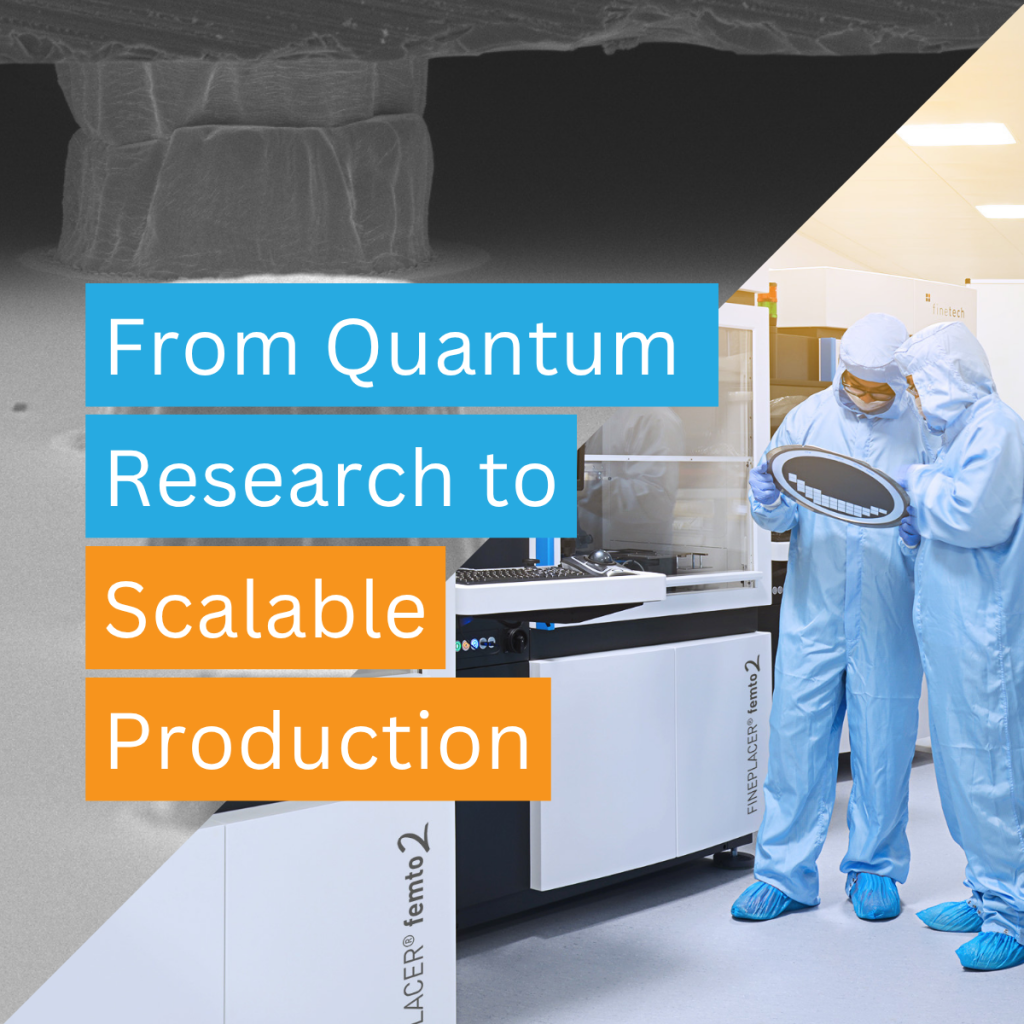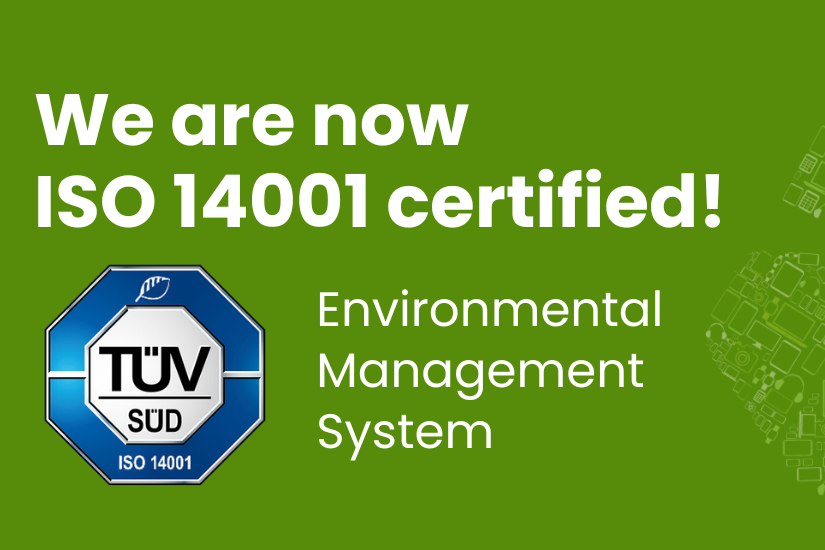In business today, uncertainty is no longer the exception — it’s the norm. Whether you’re in manufacturing, tech, logistics, or beyond, you’re likely facing some version of the same question:
How do you plan when the rules keep changing?
At Finetech, a global semiconductor equipment manufacturer, we’re no strangers to navigating regional challenges. Operating across APAC, China, Europe, and the US has taught us how to balance complexity. But recent trade shifts — especially tariffs — have tested our adaptability in ways we haven’t seen before.
When Uncertainty Hits Overnight
Earlier this year, the US introduced a surprise 10% tariff on EU imports. As a company delivering under DDP terms, we suddenly found ourselves responsible for over $50,000 in unexpected duties — on just two systems. It was a curveball we had to react to immediately.
Soon after, an exemption for semiconductor equipment was announced. By correctly reclassifying our systems, we were able to resume tariff-free imports — a short-term win, but still without long-term clarity.
A New Chapter: Agreement at Last
Now, after months of uncertainty, a broader agreement has been reached. The United States and the European Union have announced a new tariff deal that reduces duties on most imports — including semiconductors, automotive systems, and pharmaceutical products — to 15%. While that’s still higher than the zero-duty status some enjoyed under exemptions, it brings predictability and stability back to the equation.
At Finetech, we welcome this development. Predictable frameworks allow us to plan, communicate clearly with customers, and align supply chain decisions more effectively. But this experience also reaffirmed something more fundamental: agility isn’t optional—it’s a core competency.
It's Not Just About Tariffs
While this story centers around US-EU trade, the theme is broader. Many of our customers are US-based but manufacture in Southeast Asia or China. They continue to face shifting duties and geopolitical uncertainty. Even when we’re not directly responsible for those costs, the ripple effect across the supply chain—from delayed decisions to investment slowdowns—is real.
Our Playbook: Agility, Communication, Resilience
So how are we handling it?
- We stay deeply connected across global teams — from Berlin to Shanghai to the U.S.
- We monitor regulatory changes daily and build multiple response scenarios.
- We prioritize transparency, both internally and with our customers.
Every company may use different tools, but the mindset is the same: agility, clarity, and cross-functional speed are no longer nice-to-haves — they’re non-negotiable.
Final Thought: Forward, Not Back
Disruptions like these test more than just logistics—they challenge leadership, priorities, and team cohesion. But they also reveal what’s possible when teams act fast, stay informed, and stay together.
At Finetech, we’re choosing to stay proactive, stay focused, and keep delivering. If you’re navigating similar challenges, you’re not alone — and this latest agreement shows that clarity is possible, even after chaos. The skill is in being ready for both.












